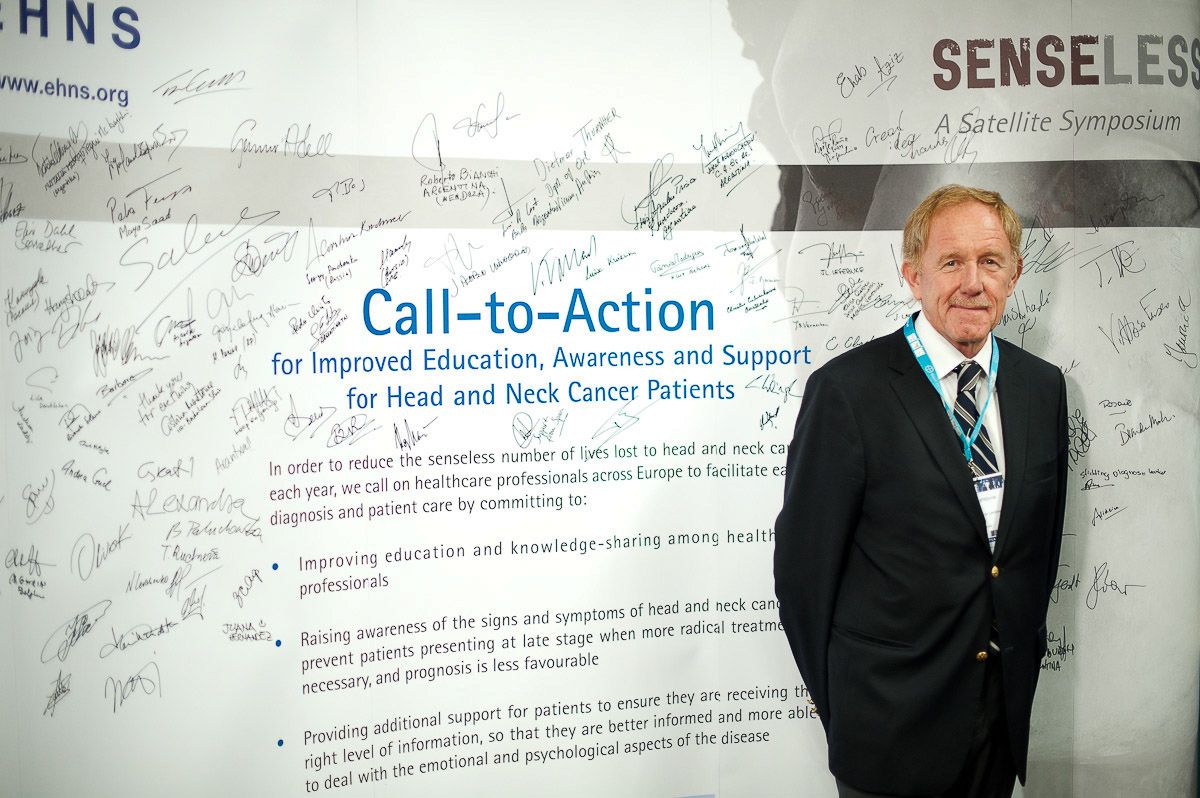Call-to-Action for Healthcare Professionals to
Improve Education and Support for Patients with Head and Neck Cancer
Stockholm, Sweden, September 26, 2011 – The European Head and Neck Society (EHNS), together with a group of leading global experts, will today issue a call for healthcare professionals to improve education, awareness and support for head and neck cancer patients. The call will be issued during the Senseless Satellite Symposium at the 2011 European Multidisciplinary Cancer Congress. The symposium is being hosted by the EHNS in partnership with Merck Serono, a division of Merck KGaA, Darmstadt Germany.
The call-to-action was inspired by results of ‘About Face 2’, a new survey of European head and neck cancer patients, which found unmet needs at key points of the patient pathway. Leading experts, including Professor Jean-Louis Lefebvre, lead author of the ‘About Face 2’ survey abstract and President of the EHNS, will call on physicians to help reduce the number of lives lost to head and neck cancer through earlier diagnosis and patient care by:
- Improving education and knowledge-sharing among healthcare professionals
- Raising awareness of the signs and symptoms of head and neck cancer to prevent patients presenting at late stage when more radical treatment is necessary, and prognosis is less favourable (Donell A, et al, The Journal of Stomatological Investigation 2008;2;15-26.)
- Providing additional support for patients to ensure they are receiving the right level of information, so that they are better informed and more able to deal with the emotional and psychological aspects of the disease
The EHNS is taking an important step towards improving education and support for patients with head and neck cancer. We hope our call-to-action will encourage other healthcare professionals to tackle the unmet needs expressed by patients in this difficult-to-treat area
said Professor Lefebvre.
Following the announcement of the call-to-action, the EHNS will continue working with the expert panel to inspire positive change through a carefully considered action plan, campaigning for better awareness, education and support for head and neck cancer patients.


